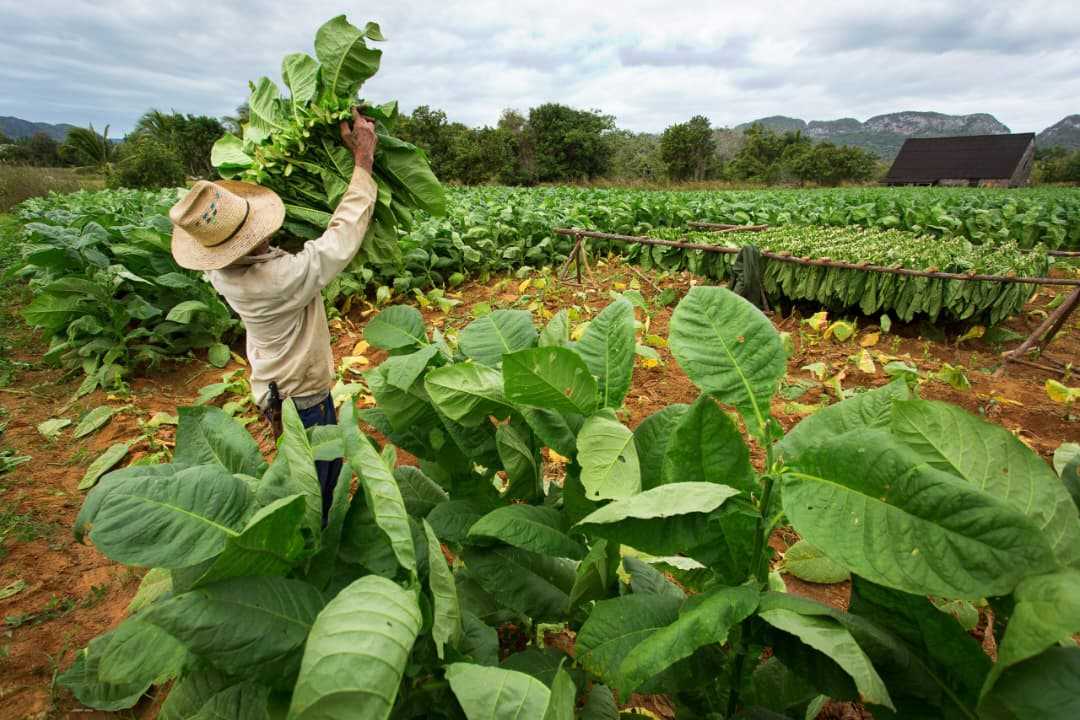
Rutendo Mazhindu- Zim Now Reporter
Government has taken a major step toward improving food safety with a US$139 000 grant from the United Nations’ Food and Agriculture Organisation to develop a National Food Safety Policy. The initiative comes amid rising cases of foodborne illnesses and weak enforcement of safety regulations.
The World Bank estimates that foodborne diseases cost Sub-Saharan Africa US$16.7 billion annually, affecting household food expenditure by 1.5% to 6% depending on the country. The World Health Organisation reports that foodborne hazards account for a loss of 33 million disability-adjusted life years each year in low- and middle-income countries, with Africa among the hardest hit.
Speaking at the launch in Harare, Permanent Secretary in the Ministry of Health and Child Care, Dr. Aspect Maunganidze, said Zimbabwe’s food safety system lacked coordination, leading to inefficiencies.
“There is no comprehensive and enforceable food safety policy in Zimbabwe,” he said. “Food safety management is characterised by minimal coordination among Competent Authorities, causing overlaps and duplication of efforts.”
Maunganidze said the new policy would establish a structured food control system to protect consumers and improve regulatory efficiency.
“The development of a robust national food safety policy is not just a regulatory matter—it is a public health necessity, an economic imperative, and a fundamental human right,” he said. “The food we consume impacts our well-being, productivity, and quality of life.”
Zimbabwe’s agriculture sector, which contributes 45% of export earnings and supports over 70% of the population, has been affected by food safety challenges that threaten public health and economic stability.
Related Stories
FAO representative Dr. Patrice Talla said food safety was a global concern requiring urgent attention.
“Millions of people worldwide suffer from foodborne illnesses every year, and many lose their lives to preventable food-related diseases,” he said. “The consequences go beyond health, placing a heavy burden on healthcare systems and economies.”
Talla called for stronger regulatory frameworks, clear objectives, and coordinated efforts across all sectors.
“Developing a comprehensive food safety policy is a necessity,” he said. “It requires a national strategy with clear goals and strong regulations.”
He said emerging technologies such as artificial intelligence, blockchain, and precision agriculture could strengthen food safety by improving traceability, testing, and real-time monitoring.
“As we move forward, we must embrace technology to enhance food safety,” he said. “By leveraging innovation, we can create resilient food systems capable of responding to evolving challenges.”
The FAO-funded policy aims to improve coordination among food safety regulators, enforce uniform standards, and enhance surveillance mechanisms. It will also align Zimbabwe’s food safety regulations with international best practices while training food inspectors and other stakeholders.
The government said the policy will reduce foodborne illnesses, increase consumer confidence, and ensure a more efficient food control system.



















Leave Comments